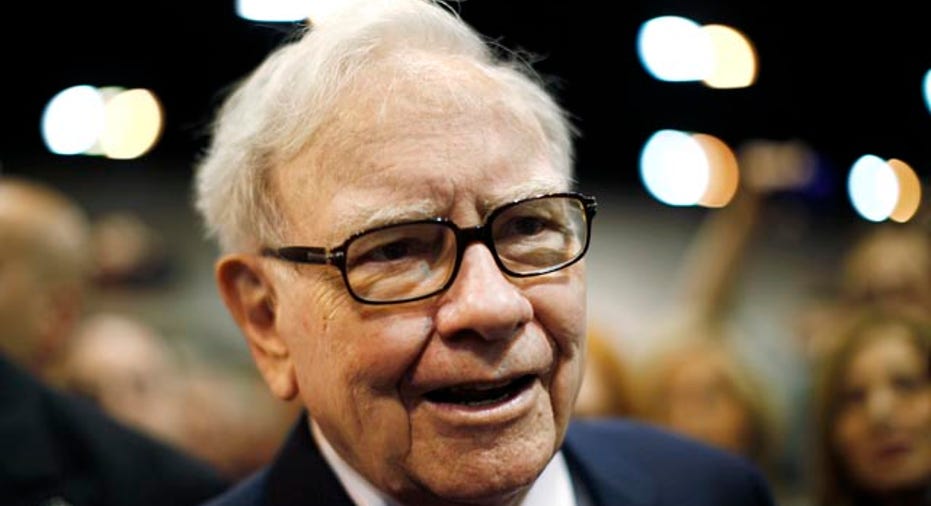What It Takes to Be a Successful Value Investor

Value investing is the strategy that made Warren Buffett a multibillionaire. It's the secret behind how to consistently buy low and sell high in the stock market. And it has been well-known as a long-term market-trouncing strategy for nearly a century. It's so good, in fact, that even those who believe that the market is efficient acknowledge an "anomaly" associated with this type of investing that makes it likely to outperform.
Yet even with all that going for it, value investing is notoriously tough to accomplish when there's real money on the line. There are two reasons for this difficulty. One of them has to do with the companies, and the other has to do with investors. To have a legitimate chance of enjoying even a portion of the success of the world's greatest value investors, you need to understand and know how to deal with both.
What's wrong with this company? Companies' stocks don't become deeply value-priced simply to give you an opportunity to profit. They're generally available at bargain prices only because there's something seriously wrong with them. General Electric's (NYSE: GE ) shares, for instance, fell below $6 a stub in early 2009 because the company's financial arm had gotten itself entangled in the financial crisis. At one point, in fact, it was actively losing money as a subprime housing lender.
Likewise, BP's (NYSE: BP ) stock could be bought at very low prices last summer, but only because it was smack dab in the middle of one of the biggest oil spills in history. Similarly, Chesapeake Energy's (NYSE: CHK ) shares became dirt cheap a few years ago, but only because the company was acting suspiciously like the personal piggybank of its overleveraged CEO.
In all those cases, what now look like tremendous bargains, with the benefit of hindsight, at the time looked more like places where shareholder value was being destroyed. Those are the sorts of situations that often surround value investing opportunities. After all, if the value were really that obvious, then far more well-heeled investors would likely already be taking advantage of the opportunity and buying up the available discounted shares.
What you can do about it As an individual investor looking to go bargain hunting, you have essentially two choices when it comes to opportunities like these: You can either bet big, or you can diversify and spread your risks. Buffett himself bet heavily on American Express (NYSE: AXP ) in the 1960s, in the aftermath of the salad oil scandal that knocked that company for a loop. Yet before he did, he verified that American Express' exposure would be limited so the company could recover.
Buffett's mentor, Benjamin Graham, on the other hand, favored diversification, likening the market to a roulette wheel where value investors had the casino's house edge. Unless you've got legitimate reason to be as confident as Buffett was with his American Express purchase, stick with Graham and his roulette wheel. The diversification it provides does a far better job protecting your overall portfolio from any one missed guess than betting big will.
Do you have a mind for value? In addition to needing the willingness to buy clearly damaged goods, value investors themselves need to have a very particular mindset. Patience, discipline, and objectivism are must-haves, as is a willingness to buck the trend and invest against conventional wisdom and market sentiment. In essence, you've got to be the type of person willing to buy those obviously damaged companies, and then wait years for the company to repair itself and the market's sentiment to shift.
And to top it all off, you've got to be willing to do all that when it's your money on the line. You know, your retirement nest egg, the cash that needs to last you the rest of your life, and the dough you scrimped, sacrificed, and lived without in order to have around to invest in the first place.
Sounds like fun, eh? In reality, that's a lot easier said than done. It's also a huge part of the reason why it's so tough to be a value investor, in spite of the well-known benefits from following the strategy. But don't feel too bad about it -- even Buffett admits mistakes on this front. For instance, he didn't sell Coca-Cola (NYSE: KO ) in the late 1990s at a high price, and he paid too dear a premium for ConocoPhillips (NYSE: COP ) in the first decade of this century.
On the bright side, though, it does show that you don't have to be perfect to be an extremely successful value investor. Indeed, getting it mostly right, most of the time is about all you can reasonably ask for. If you succeed at that level, and combine it with Graham's roulette wheel, the odds are very much in your favor that you'll wind up a successful value investor.
More from Motley Fool:
- Why Should I Invest? - The Right Place to Start Investing Now - 9 Ways to Pay off Debt



















